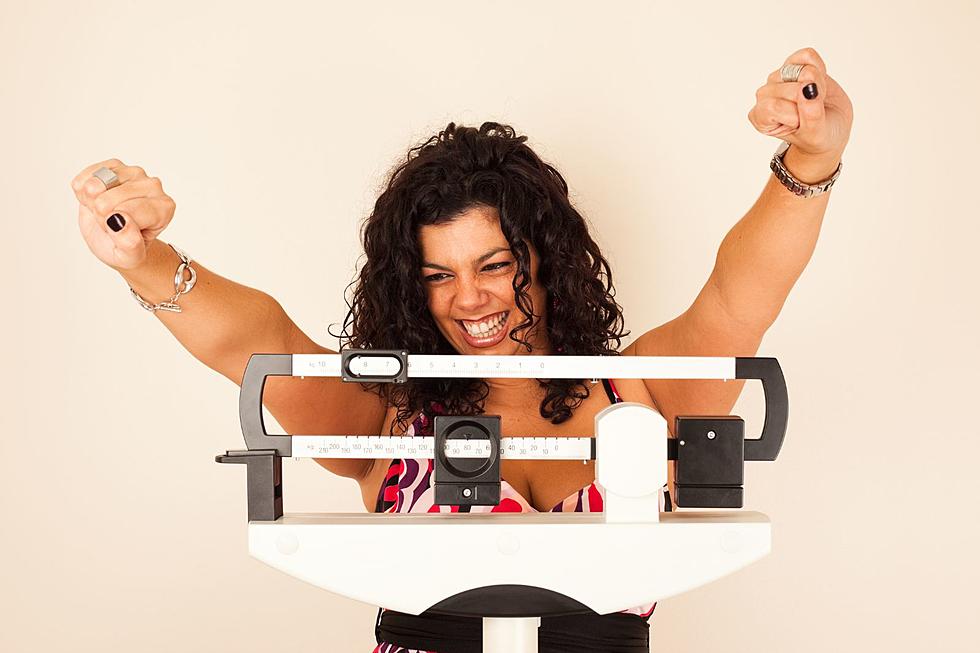
Louisiana Research Company Paying People to Participate in Weight Loss Study
Baton Rouge, LA (KPEL News) - Do you want to lose weight, but don't want to use the current injectable medications on the market? A Louisiana research company has started a study that may help you drop pounds, and they'll pay you to lose weight.
And there could be another attractive side benefit.
LSU Pennington Biomedical Research Center is conducting a research study to find out if intermittent fasting or weight loss improves health and slows aging.
The trial divides eligible participants into five different groups:
- 1 group that will eat a usual diet
- 2 groups will eat a reduced-calorie diet
- 2 groups will follow a time-restricted diet, or intermittent fasting
Professor Dr. Corby Martin with Pennington explains intermittent fasting:
This is a group of dietary strategies where people limit when they eat throughout the day. So instead of eating for 12 or 13 hours each day, we’re going to ask people to eat over only eight hours per day.
WHO IS ELIGIBLE?
To qualify for this research study, participants should:
- Be 25-49 years old
- Have a BMI between 22-30 Calculate your BMI here
- Not smoke, vape or use tobacco products currently or within the last 6 months
- Not currently participate in a regular program of heavy physical activity (e.g., jogging, running, or riding fast on a bicycle for 30 minutes or more per day)
The study last for 6 months, and full participation will require a 7 month commitment.
HOW DOES THE STUDY WORK?
Dr. Martin says all participants will receive free meals, diet plans, and a personal weight health coach.
We provide a lot of assistance at helping them follow the meal plan and achieve the weight loss that we’re targeting. Most participants in these trials lose between 10 or even 12 percent of their body weight so we’re going to be targeting a similar amount of weight loss in this trial.
Pennington Biomedical is located in Baton Rouge, so participants need to be willing to travel a few times during the study which includes:
- 2 screening visits in clinic
- 6 study visits in clinic
- Counseling visits based on group assignment (in person and virtual)
They will ask for the following information and perform the following procedures:
- Medical history
- Height, weight, waist circumference
- Vital signs (pulse and blood pressure, etc.)
- Fasting blood work
- Physical exam
- DXA Scans to measure bone density, muscle, and body fat
- Urine collections (in clinic and at home)
- Drink water and collect urine to measure energy expenditure and muscle mass
- Blood sugar monitoring
- Physical activity monitoring
- Lung function test
- Questionnaires
The study will evaluate the results of participants who eat less and determine whether it slows aging or decreases diseases like diabetes or high blood pressure over a six-month period.
HOW MUCH ARE THEY PAYING PARTICIPANTS?
According to the study outline on the Pennington website:
Compensation of up to $2,500 is offered for the completion of this study.
If you want to lose weight and are eligible, the study sounds like a great way to get started and make sure you're healthy.
To enroll in the study, participants can contact 225-763-3000 or visit www.pbrc.edu/dialhealth.
The 10 Highest Protein Grains to Add to Your Diet
How to Get Enough Iron When You’re Following a Plant-Based Diet
Gallery Credit: Getty Images
More From News Talk 96.5 KPEL









